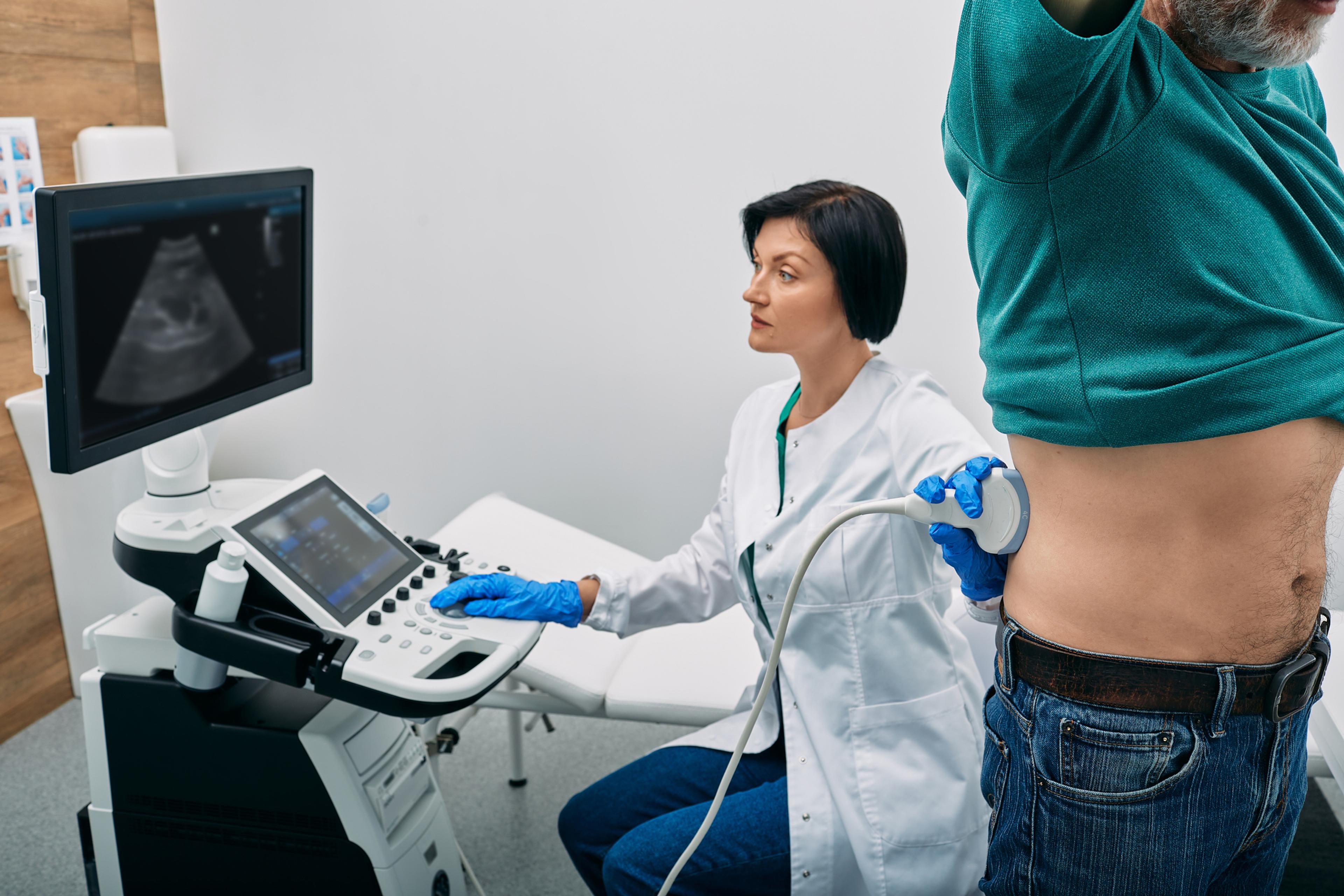Risk of Colorectal Cancer is Higher in Patients with Chronic Kidney Disease
Amy Barczy
| 3 min read
Amy Barczy is a former brand journalist who authored...

More than one in seven adults in the United States has chronic kidney disease – and as many as nine in 10 adults with the disease don’t know that they have it, according to the U.S. Centers for Disease Control and Prevention.
This is particularly concerning to health experts, as people with chronic kidney disease are at an increased risk of colorectal cancer. Treatment for colorectal cancers have better outcomes when found and treated as early as possible – which means patients and their health care providers would benefit from knowing if they are at an increased risk for colorectal cancer in order to screen for it at the right time.
What is chronic kidney disease?
Chronic kidney disease is a condition in which the kidneys are damaged to the point that they may not clean the blood well enough to remove toxic waste and fluid from the body. This may lead to further complications and puts individuals at an increased risk for conditions like high blood pressure and heart disease. The disease can vary in severity, and typically gets worse over time.
Chronic kidney disease can also cause anemia, increased number of infections, low calcium levels, high potassium levels and high levels of phosphorus in the blood, loss of appetite and depression.
Who is most affected by chronic kidney disease?
Chronic kidney disease is more common in people ages 65 years and older, according to the CDC. There are also racial differences in who is more affected by chronic kidney disease: About 12% of U.S. adult patients with the disease are non-Hispanic white individuals, while 20% of patients are non-Hispanic Black individuals, 14% of patients are non-Hispanic Asian individuals and 14% of patients are Hispanic individuals.
How do I know if I have chronic kidney disease?
Often, chronic kidney disease may not bring any symptoms. It is diagnosed by a health care provider through specific blood and urine tests to measure how much creatinine is in your blood and how much protein is in your urine.
Can chronic kidney disease be treated?
Treatment has been shown to slow the progression of chronic kidney disease. Talk with your health care provider about your condition and your options for treatment. Follow your doctor’s treatment plan – including taking medication as prescribed and adjusting your lifestyle.
How do I prevent chronic kidney disease?
Risk factors for chronic kidney disease include:
- Diabetes
- High blood pressure
- Heart disease
- Obesity
- Family history of chronic kidney disease
- Inherited kidney disorders
- Past damage to kidneys
- Older age
Keeping the kidneys healthy in order to prevent chronic kidney disease is important. Managing blood sugar, and maintaining a healthy blood pressure, are key components. Consuming a balanced diet and keeping up a regular schedule of physical activity are important to regulate blood sugar and blood pressure. For individuals with diabetes or people at risk of developing type 2 diabetes, working with a health care team to adjust your lifestyle factors can help improve your condition and prevent further complications like kidney disease.
Talk with your health care provider about your personal medical history, and ask about your risks for colorectal cancer.
Read on:
Photo credit: Getty Images





